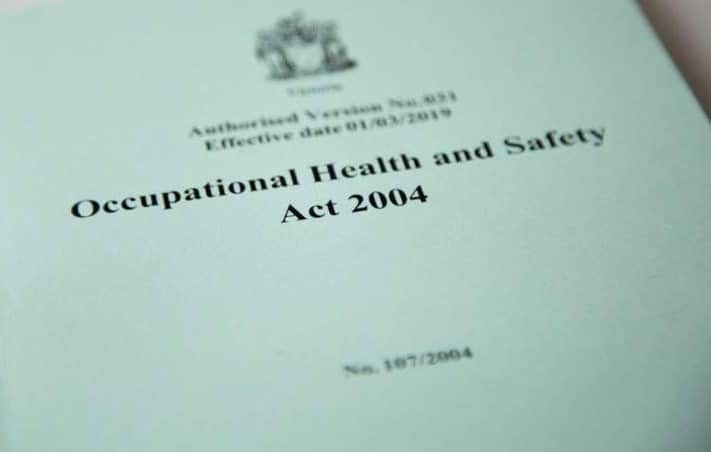3 key changes in the Victorian OHS Act 2004
The Victorian Government is intending to make key changes to the Occupational Health and Safety Act 2004 (OHS Act 2004). These changes will:
- affect how the OHS Act 2004 applies to labour hire workers, host employers and labour hire providers;
- prohibit provisions in insurance contracts that seek to insure or indemnify a person against their liability to pay monetary penalties under OHS laws; and
- grant more powers to Health and Safety Representatives (HSRs) and Authorised Representatives of Registered Employee Organisations (ARREOs).
Strengthening laws for labour hire workers
The definitions of ‘employer’ and ‘employee’ in the OHS Act will provide that a labour hire worker performing work for a host employer will be taken to be the employee of the host. This means that labour hire workers will have all the same OHS Act 2004 rights and protections of an employee when at their host employer’s workplace.
Labour hire providers and host employers will have duties to consult, cooperate and coordinate with each other when they share duties under the OHS Act 2004 towards labour hire workers. This duty is based on a similar provision in the model Work Health and Safety Act, which applies in other Australian states and territories, and seeks to ensure that when providers and hosts owe the same duties to the same worker, the provider and host are working together to ensure those duties are met.
Breach of the duty may attract a fine of up to $30,000 for individuals and $149,000 for body corporates.
Prohibiting OHS insurance and indemnities
A further change will render void any provisions in insurance contracts that seek to insure or indemnify a person against their liability to pay monetary penalties under OHS laws.
It would also be an offence to provide, enter into or hold this kind of cover, or to provide or receive a benefit under such a contract.
New Zealand and New South Wales already prohibit these kinds of insurance and indemnities, and a similar offence will commence in Western Australia shortly.
Granting more powers to HSRs and ARREOs
The OHS Act 2004 already gives powers to HSRs and ARREOs. ARREOs are union officials who hold a permit issued by the Magistrates Court that allows them to enter workplaces if they reasonably suspect that a contravention of OHS laws relates to work being done by members or potential members of their union.
When an ARREO enters a workplace, they are permitted by the OHS Act to exercise certain powers. These include inspecting plant and substances, observing work, and consulting with employees and employers.
HSRs are employees or independent contractors who have been elected by their colleagues to represent the interests of other employees or independent contractors on health and safety matters.
The proposed changes to the Act will give ARREOs and HSRs the power to take photographs, measurements, sketches and recordings, including video recordings. An HSR will only be able to take a photo or a video recording for the purpose of:
- representing members of their designated work group on health and safety matters;
- monitoring health and safety activity by their employer;
- enquiring into health and safety risks; or
- attempting to resolve health and safety risks.
An ARREO will only be able to exercise the new power “to the extent that it is reasonable for the purpose of enquiring into the suspected contravention” that they entered the workplace to examine. For example, if an ARREO entered a workplace to enquire into a suspected contravention – which must be noted on an entry permit before the ARREO enters – then they could not take photographs or video of another suspected contravention, or anything else, while at the workplace.
Get the latest employment law news, legal updates, case law and practical advice from our experts sent straight to your inbox every week.

